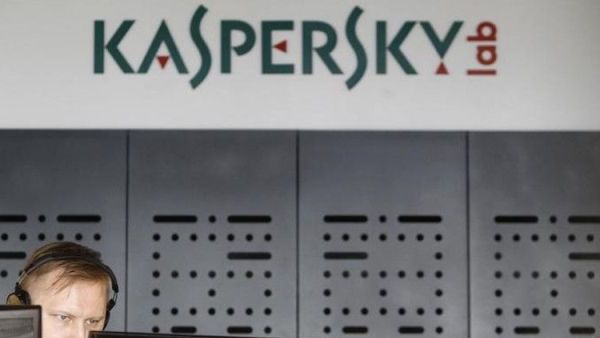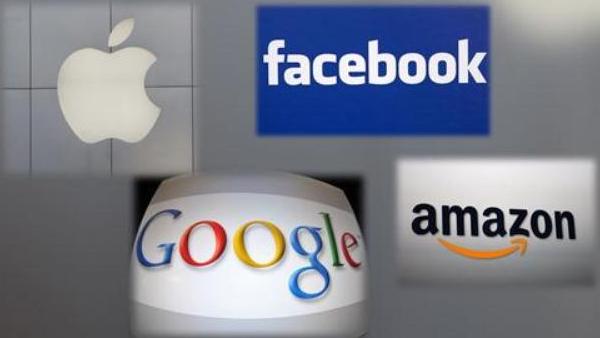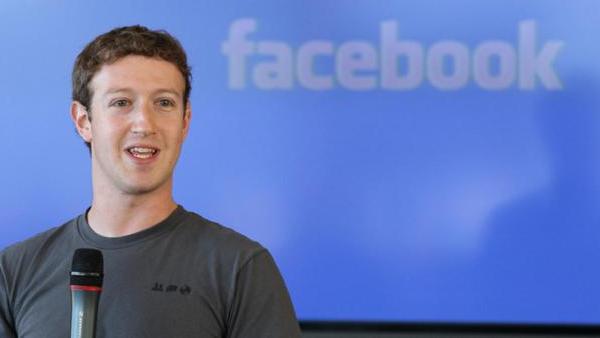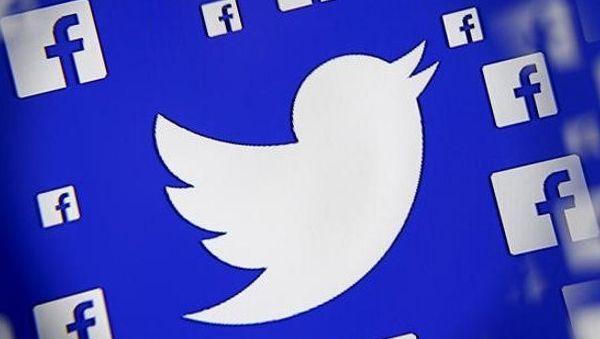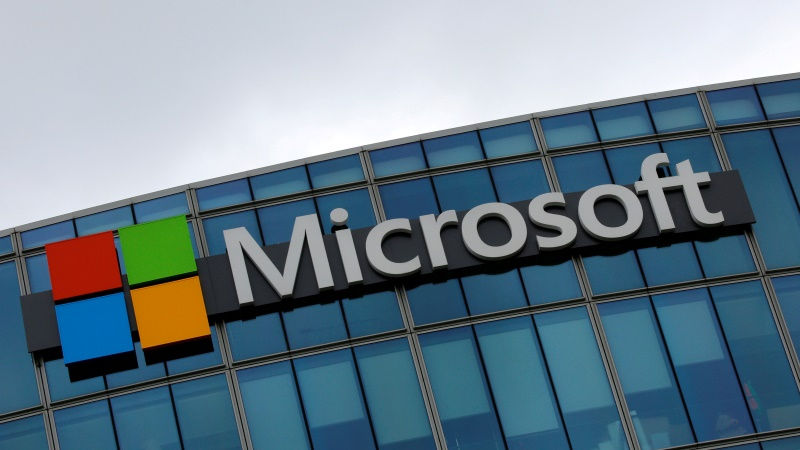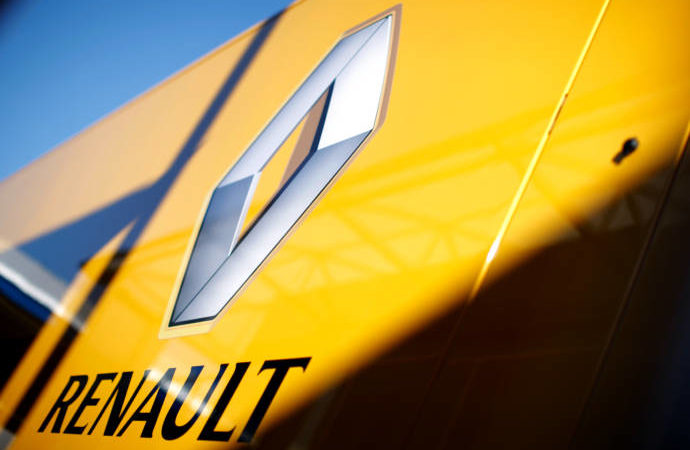Microsoft has established that parts of its Windows 10 source code leaked online recently, according to media reports.
“Our review confirms that these files are actually a portion of the source code from the Shared Source Initiative and is used by OEMs and partners,” a Microsoft spokesperson told The Verge.
Microsoft said the leaked code includes files related to Microsoft’s USB, Wi-FI drivers, storage as well as Windows 10 Mobile Adaption Kit and Creators Update builds, which was posted on to Beta Archive’s FTT.
Beta Archive owner, Andrew Whyman, confirmed to The Verge that the source code was later removed.
Two men were earlier arrested in the UK for alleged unauthorised access to a computer belonging to Microsoft’s network and computer misuse offences, according to an Indian Express report.
However, “It’s not clear if the arrests are directly linked to the source code leak, but Microsoft is evidently concerned about some potential intrusions into its networks by Windows enthusiasts,” The Verge reported.
Another media source reported that the leaked code was 32TB in size, compressed to 8TB before uploading on Beta Archive.
Further, copies of officially released versions and secret builds of Windows 10 and Windows Server 2016 have been leaked as well, according to The Register.
The Register reports that this includes the 64-bit ARM flavours of Windows, which is yet to be rolled out for public use, and Windows 10 Redstone builds.
“Meanwhile, vulnerability to ransomware in Windows 10 S operating system (OS), has been discovered by Matthew Hickey, who is the co-founder of cybersecurity firm Hacker House.
“Windows 10 S was released in May, and Microsoft says the OS is more secure when compared to the previous ones as it doesn’t allow users to run apps outside of the Windows Store,” reports Indian Express.
